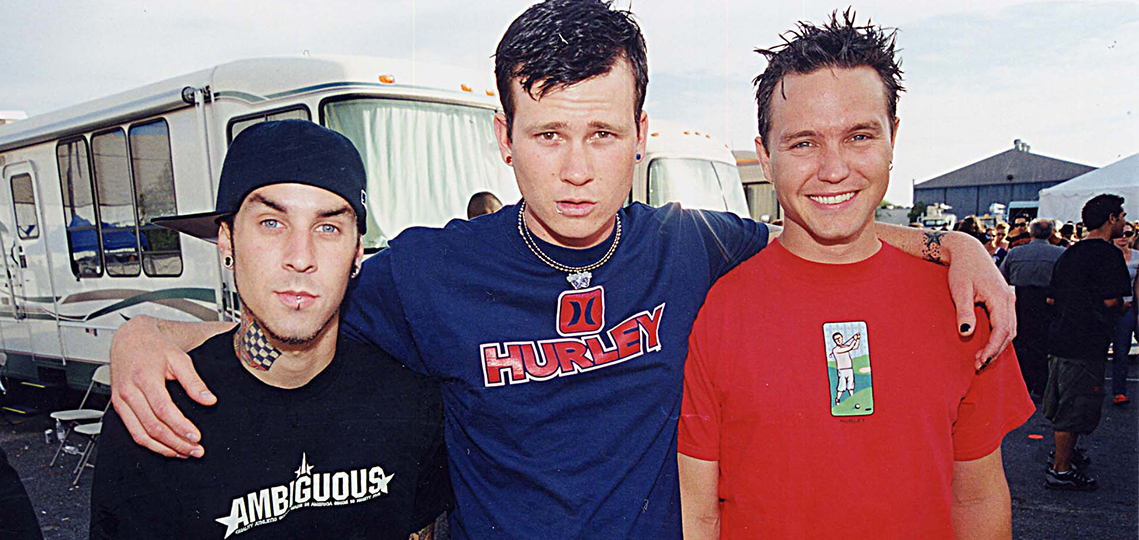
15 Jun What’s my age again?
“…and that’s about the time she walked away from me, nobody likes you when you’re twenty three. …
My friends say I should act my age . What’s my age again, what’s my age again?”
So sang the pop-punk band Blink-182 in 1999 and in so-doing, managed to combine two of the most common themes of pop songs – messy break-ups and aging. Indeed, singing about growing up is nothing new: David Bowie warned us of “ch-ch-ch-changes”; Joni Mitchell felt “captive on the carousel of time”; and Pink Floyd predicted that “one day you find ten years have got behind you – no one told you when to run, you missed the starting gun.” And we’re still singing about it – in the last few years Twenty One Pilots, Adele, and Macklemore have all released songs that yearn for the good old days.
What is interesting about the Blink-182 song, however, is that it doesn’t just focus on the joys, challenges or nostalgias of aging – it expresses confusion about how to even BE a certain age. What is 23 even supposed to look like? The same year their song came out, I was actually a couple of years older than 23 (and thankfully not in the middle of a messy break-up) but no less confused about how to act MY age. So it was something of a belated relief to discover, a decade and a half later, that there is a name for the phenomenon.
Emerging Adulthood. It’s a thing.
Sociologist Jeffery Jensen Arnett was one of the first to recognise that we are taking longer to settle into some of the permanent relational and vocational responsibilities that have traditionally defined adulthood. He suggests that adulthood now emerges more slowly – hence the name – and it is a new life-stage between adolescence and adulthood.
He describes five key features of Emerging Adulthood: Identity exploration; Instability; Self-focus; Feeling In-Between; and Possibilities/Optimism. These features peak in the third decade (18-29 years), although many of us in our thirties, forties and even fifties will probably still identify with some of them!
While Arnett does not describe them as problems to be solved, Christian commentators are beginning to wonder whether those features present some unique challenges to faith at this time of life. Last month I submitted a pilot study to Fuller Theological Seminary that focuses on those sorts of questions. And while the answers might be a little late for the boys in Blink-182, it’s proving to be helpful for the rest of us.

